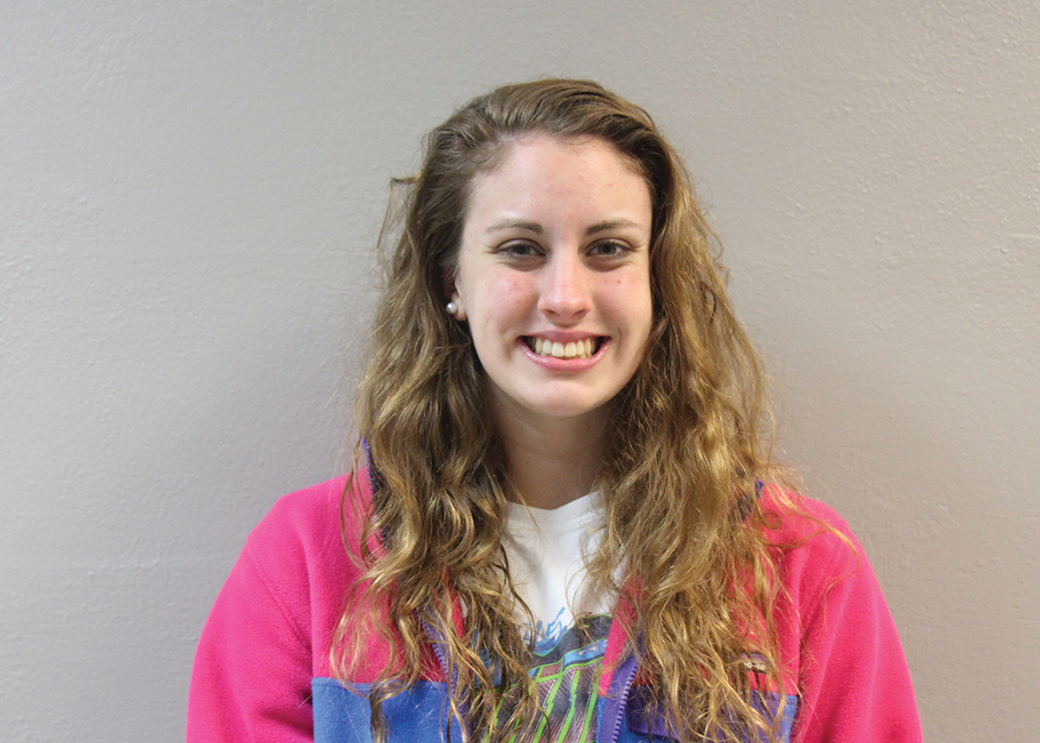
College students should perfect the art of taking naps
ce we were children, the positive effects of being well-rested have been nailed into our brains.
Whether it’s from nagging parents, concerned doctors or that unreliable health website that said your sore throat is probably cancer, we’ve all been told that the average person needs around eight hours of sleep a night.
But what college student gets eight hours of sleep a night? Certainly not one that balances a social life, extracurriculars, a job and school work.
According to a Huffington Post blog, less than 15 percent of college students sleep more than seven hours per night. And based on all the conversations about drunken all-nighters I overhear in class, I’d say this statistic is probably
fairly accurate.
I typically go to bed around 10:30 p.m. and wake up the next morning at 5:30 a.m. Life gets in the way sometimes, and the newest Netflix additions call my name right around the time I should be sleeping.
Fortunately, I’ve learned a crucial strategy in the sleeping game, and it’s
called napping.
Taking naps sounds pretty selfW-explanatory, but a true napper knows the importance of practice. The more you practice, the easier it becomes. Whether it’s 50 minutes before class or five, a pro-napper can use any amount of time to
their advantage.
While there are many reasons for mid-day sleep (homework break, food coma, eliminating boredom, etc.), there are actual health benefits to napping.
According to a study done by researchers at the University of Michigan, napping can improve a person’s patience. Members of the study were asked to draw geometric shapes on a computer screen, and those that had taken an hour nap before the task were able to continue for twice as long.
Perhaps a nap would prevent students from giving up on a math problem, or resist the urge to flat-tire the group of BFF’s holding hands and blocking the sidewalk.
According to another study by researchers in Germany, napping can also improve a person’s memory. Members of this study were asked to remember certain words, and the ones who took a nap after hearing them performed five times better than the group that didn’t.
Memory is one of the most important skills to have in college because, if we’re honest, studying for tests is mostly just memorization anyway. Taking a quick nap, no matter how long, could help increase a student’s ability to take tests or quizzes.
Sure, increased patience and memory sounds nice, but how about a decreased risk for heart disease?
According to the Washington Post, a study of 23,000 Greek adults revealed that those who took naps were 30 percent less likely to die of heart disease. At 19 years old, heart disease isn’t a problem I’ve run into, but I’m sure my older self will attribute my healthy heart to all the naps I took in college.
Although I think it’s safe to say most people don’t take naps with the hope of becoming more patient or having a better memory once they wake up, the benefits of taking naps are added bonuses to feeling
more rested.
Even just laying down for a few minutes can be beneficial to both your mental state and your physical state. Like they always say, a nap a day keeps the dark circles away!
So, this one’s for you, girl in the MUC who was complaining that her face looked tired because of drown night: take a nap – your body and mind will thank you for it.
